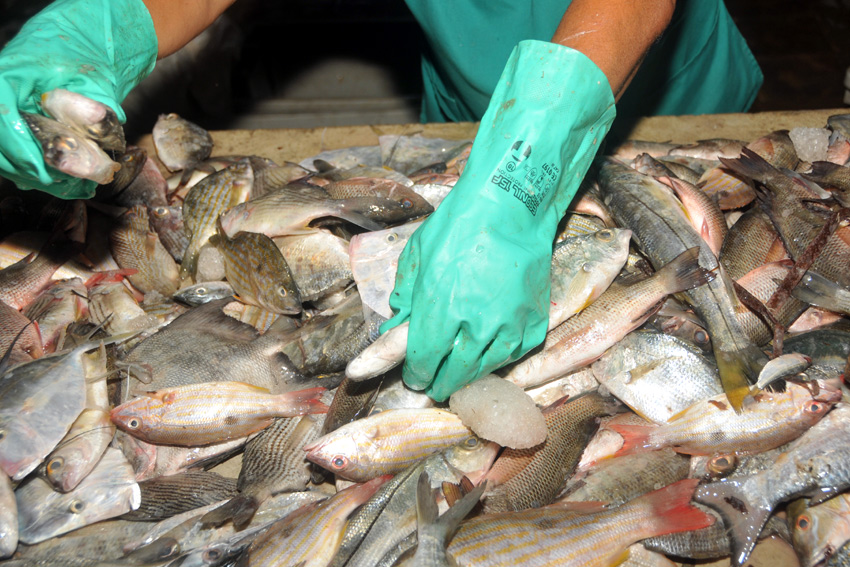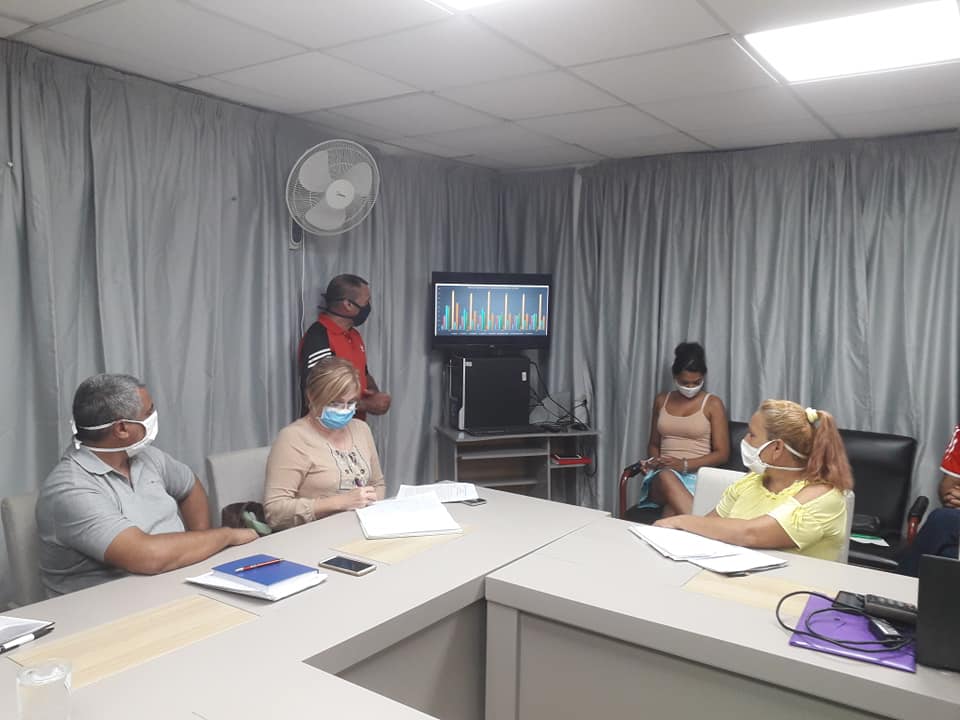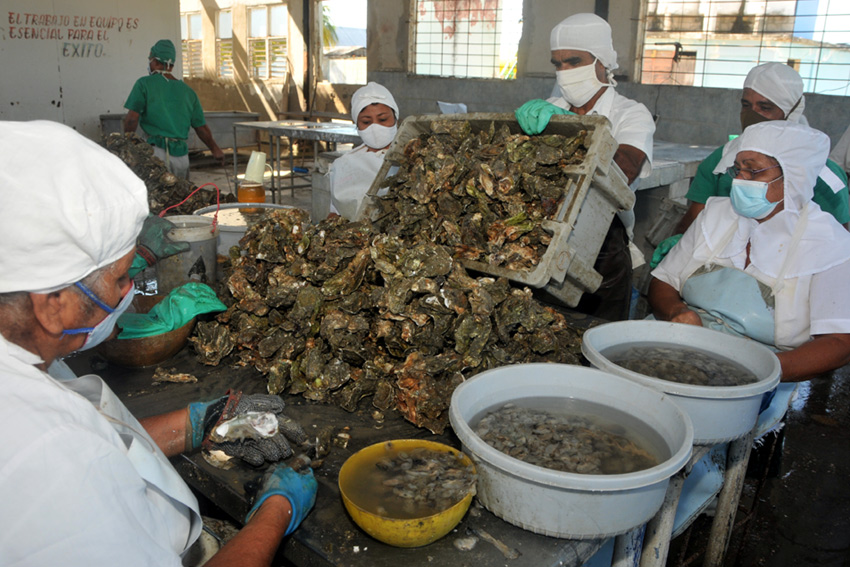
Better use of knowledge, science, technology, and innovation in food production continues to be at the top of the work system.
 Las Tunas, Cuba.- Precisely, that is today the premise of the ministries of Science, Technology and Environment (CITMA), Agriculture and Food Industry to guarantee the agricultural development, which must be reflected in the increase in food production, and must be periodically measured.
Las Tunas, Cuba.- Precisely, that is today the premise of the ministries of Science, Technology and Environment (CITMA), Agriculture and Food Industry to guarantee the agricultural development, which must be reflected in the increase in food production, and must be periodically measured.
In the most recent meeting of the Territorial Working Group, made up of entities of these ministries in Las Tunas, the Fishing Company (PESCATUN) showed the results that it already consolidates in terms of production linkage. The basis is to implement an Integrated Knowledge Management System for sustainable development at the local level, through innovation, technical assistance, and agricultural extension systems.
During the presentation, the Master of Science Adalberto Leyva Segura, Director of Operations at PESCATUN, set out the company's main projections until 2030, of which stand out “reaching close to 3,900 tons in aquaculture and more than 1, 600 in the marine platform; to allocate for exportation five percent of fluvial catches and two of platform’s; and manage to supply eight kilograms per capita to the population of Las Tunas, in pursuit of food sovereignty.”
In correspondence with the production linkage, Leyva Segura emphasized the links with the Poultry and Swine companies and the Tecnoazúcar base business unit (UEB), with which it markets several of its products for animal feed. He also explained the treatment they give to their residues, such as the oyster shell, an excellent nutrient for the production of animal feed.
 The initiative, according to Gisela Olano Felipe, delegate of the Ministry of Science, Technology and Environment (CITMA), “is not an easy task, but neither impossible, as it also means changing ways of doing things rooted for many years, and adapting to the current context with changes in nature, because today we are called to a climate-smart agriculture.”
The initiative, according to Gisela Olano Felipe, delegate of the Ministry of Science, Technology and Environment (CITMA), “is not an easy task, but neither impossible, as it also means changing ways of doing things rooted for many years, and adapting to the current context with changes in nature, because today we are called to a climate-smart agriculture.”
The delegate also emphasized that “it is necessary to work with the media in the National Program for Food Sovereignty and Nutrition Education because they play an important role in instructing the population in food and nutrition. We seek the mobilization of educational, cultural and social communication systems.
“This communication work enhances the nation's ability to produce food sustainably and guarantees the entire population a diverse, balanced, nutritious, safe, and healthy diet, reducing dependence on external actors and inputs, concerning cultural diversity and environmental responsibility, she added.
Gerardo González Quesada, head of the Department of Science and Development in the Provincial Delegation of Agriculture, added to this criterion, and pointed out that “it is important to analyze what we can do in terms of production linkage, to continue advancing by implementing science, and closing production cycles.”
"The unity of action between the different companies has to be the premise of these times so that society as a whole develops, and we have a better quality of life," González Quesada said.
We must do whatever it takes in the territory to rescue food production and the economy. Taking advantage of all the knowledge, and strengthening our internal reserves from the management of innovation, science and technology, in permanent exchange with peasants and producers, will allow producing more from local resources, and achieving - once and for all - the much-needed production linkage.





